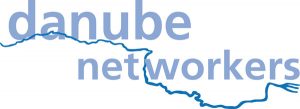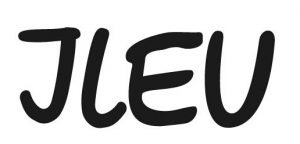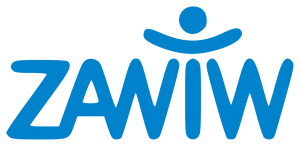FairGuidance
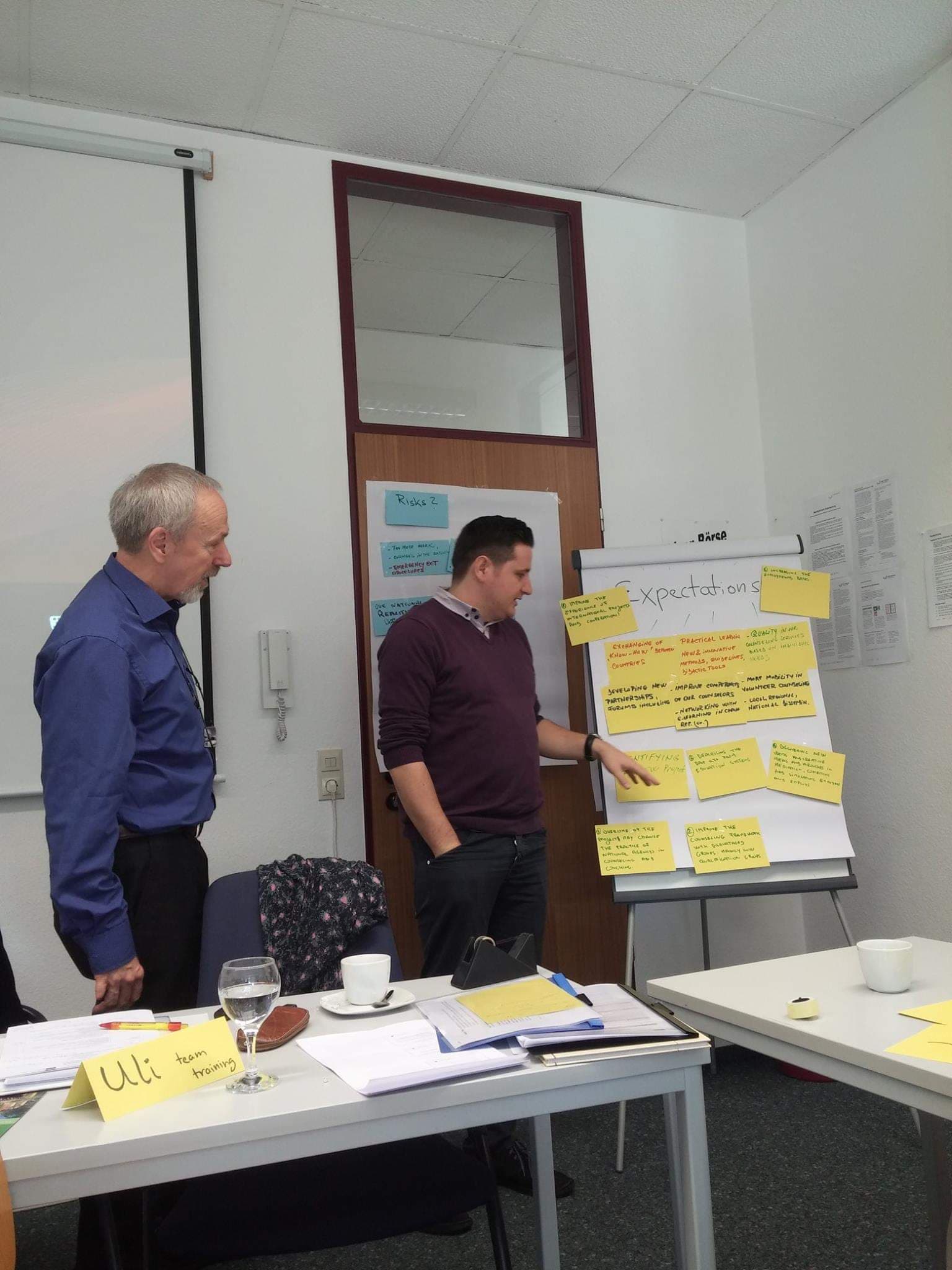
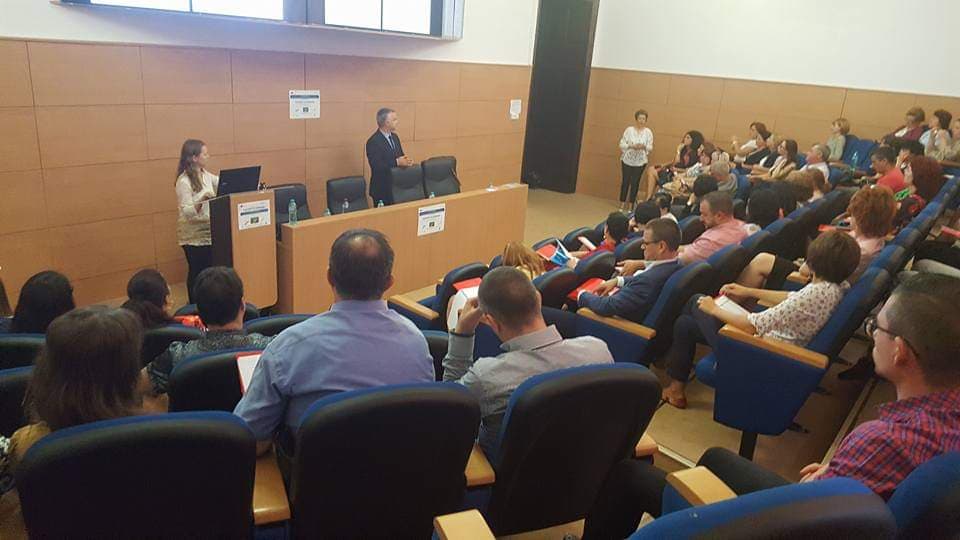
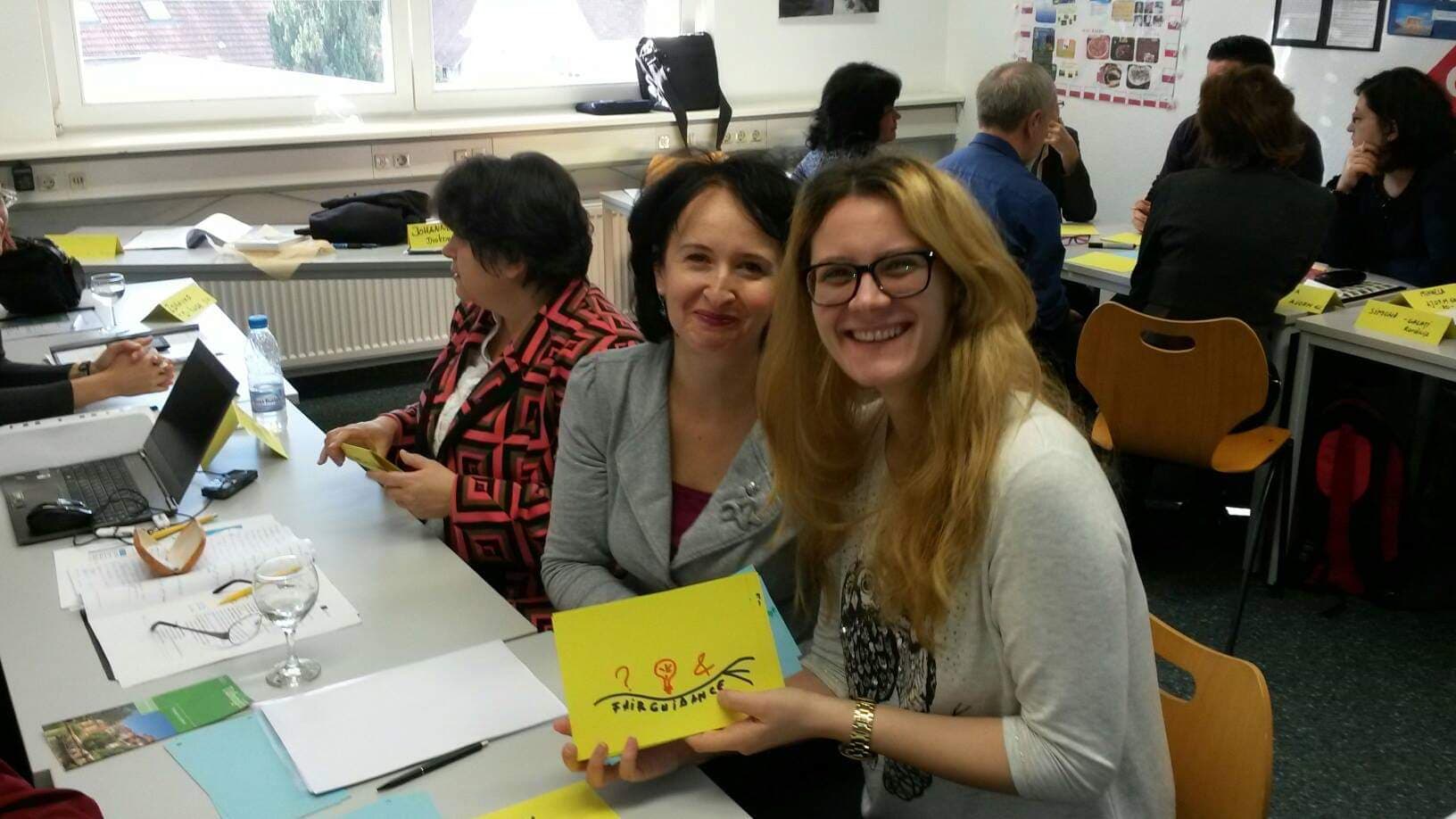
Aim
The main set of objectives of this project concerned the development of innovative strategies to facilitate access to education and the labour market for persons from the disadvantaged target groups. One of the goals to be accomplished was to ensure a wider guidance and training offer for disadvantaged people in the participating countries by means of transfer of innovation and the development of a training course for counsellors. Another goal was to address the issues faced by counsellors who work with the aforementioned target groups to ensure the professional qualifications and skills required by this type of work. Therefore, all partners made efforts to identify, develop further, compile and disseminate successful methods and approaches aimed at improving the integration into society and the labour market and support of unemployed people and those who have only little or no access to further education by counselling and guidance.Full Description
The FairGuidance project emphasized the importance and strong wish of all partners to create and develop better services for all persons in need (especially low-skilled and educationally, economically and socially disadvantaged persons) and to offer diverse and sensitive guidance and counselling.
The main topics dealt with by the partners in the project were:
– what kind of knowledge and skill set are needed so that the qualified guidance practitioners be able to support and counsel their clients effectively?
-What should be the right attitudes and behaviour to be manifested by counsellors in order to act in fair, appreciative, and sensitive ways that respect diversity and the needs of their clients;
– how might counselling and guidance services best support clients to discover and access their potentials and, furthermore, to help them find suitable ways of accessing the job market.
The main efforts were targeted at finding a common base in how to help people of disadvantaged target groups participate in life-long learning and provide suitable strategies to find a way back to work life. An essential issue was the definition of content when it comes to counselling, to differentiate it from other activities, like, for instance, therapeutic support. Furthermore, were addressed possible methods and approaches to help the counsellor recognise clients’ individual needs
Central to the project was also the intercultural exchange: not only of methods and approaches, but also regarding the educational and vocational systems and country-specific attitudes towards diversity.
Partners from Romania and Bulgaria intended to increase their knowledge, among other things, about the educational guidance offers and business foundation coaching in Germany as part of the adult education system. Partners in Germany wanted to learn more about mobile and outreach approaches and also the vocational education system in the partner countries. This is considered to be very helpful in counselling the increasing number of people coming from Romania or Bulgaria to Germany.
But the main aim of the project remained that of supporting the target groups in their home countries and to foster the national economy by counselling and qualifying disadvantaged persons.
Project partners:
- TTG Team Training GmbH, Germany
- Agentia Judeteana Pentru Ocuparea Fortei de Munca Galati, Romania
- Ministerium für Kultus, Jugend und Sport Baden-Württemberg, Germany
- Asociatia Multifunctionala Filantropica Sfantul Spiridon, Galati, Romania
- University of Ruse Angel Kanchev, Bulgaria
- Sdruzhenie Teritorialna Organizatsia na Nauchno-Tehnicheskite Spetsialisti, Bulgaria
- Diakonisches Werk der Evangelischen Kirche in Württemberg e.V., Germany
- Asociatia Ecumenica a Bisericilor din Romania, Romania
Step by Step Explanation
-
1
The project was divided into 6 stages beginning with the initial stage (months 1 to 3).
The products of this stage were general documents for an effective project management like templates and the partnership agreements as well as the project’s website.
The website was launched before the end of month 3 and, as it was indicated from the start, the site was not a documentation of the project proceedings, but it was going to be linked with an open learning platform.
The team from the Kultusministerium (KM)/Ministry of Cultural Affairs (from Baden-Württemberg) was responsible for the e-learning platform. The team developed a draft of the website structure with some basic project and partner information. The regular maintenance and update of the website was set to be also part of the project management.
ABOUT E-LEARNING PLATFORM
The production of country reports was an additional outcome of the initial stage and allowed the consortium to get in contact with representatives of all target groups for considering their needs but also the national system for the development of the training course. The research for the country reports was focused on the existing further education and vocational education systems in the partner countries. The draft country reports were presented in the kick-off meeting in month 3 and finalised in month 4.
-
2
The second stage (months 4 to 7) focused on the transnational exchange of expertise and materials regarding guidance and counselling as well as volunteer work. This was due to the high potential and already existing experience and knowledge of project partners. Through the various aspects of the modules it was intended to develop and secure that this knowledge can be integrated in the training course. The result of this stage was an online resource library, where all partners have been uploading materials that could be used by all.
-
3
After presenting and discussing these materials during partner meeting 2 (in month 7), all partners started with the development of the training course. All partners have developed one training course module comprising a theoretical introduction into the topic, exercises and a curriculum. This was the third stage, from month 8 to month 12.
-
4
In the fourth stage. from month 13 to 17. partners have done a pilot with their training course modules in the transnational training course in Germany and made amendments where necessary. The compilation of all modules into one training course handbook was done by the University of Ruse.
-
5
For a wider and more sustainable exploitation of the developed materials, an e-learning platform was established by the partner from Germany, namely the team of the Kultusministerium (KM)/Ministry of Education and Cultural Affairs. Experts from this team have presented an example module for e-learning during partner meeting 3, in month 18, and all partners adapted their modules for e-learning, by the end of month 21.
For a more sustainable dissemination of the training course contents and wider quality intensification among counsellors the consortium has developed an e-learning platform where the training course modules were prepared for self-directed online learning. That means the content on this platform were to be provided in a format that allows individual learning without being necessarily part of a course. Since qualification and training in the field of guidance and counselling needs practical training in some aspects, it was not possible to offer the complete training course on this platform. All partners jointly discussed and decided which parts are suitable for this learning format and adapt their modules.
The Ministry of Education was the activity leading partner for technical aspects and the macro-didactical structure through their expertise and experience in this topic. Together with the Ministry for financial and economic affairs in Baden-Württemberg they were responsible for the platform www.fortbildung-bw.de. On this further education information portal, they offer an online course database, information on course providers and financial benefits as well as an online learning platform based on ILIAS, an open source e-Learning software.
TTG brought in its experiences from a user-centred point of view and worked on the micro-didactics.
The Ministry of Education and Cultural Affairs presented initial prototypes of the proposed e-learning portal to partners for feedback and partners agreed the most appropriate models for further development in partner meeting 3 (month 18). According to this model each partner had to produce content for the platform (e.g. tutorials, self-reflection exercises etc.)
-
6
The last stage, from month 22 to 24, comprised the further dissemination of the project results and the implementation of the developed training course and the e-learning materials, in all partner countries. Furthermore, multiplier events were organised in each partner country and reached at more than 30 people. During the events, the project outcomes were presented and the possible implementation was explained.
The project was completed with a final conference in Germany where project partners, European stakeholders and key note speakers took part in.
Additionally, all partners included FairGuidance, its proceedings and its results in their ongoing communication and networking on a local, regional and national level. The project management provided all partners with feasible material for these communication purposes.
Results
Implemented Methods
Strong Inventory Test
The Strong Interest Inventory (SII) is a self-assessment instrument that career development professionals use to help high school and college students, as well as adults discover their interests. The test measures the subject’s interest in a broad range of occupations, work activities, leisure activities, and school subjects. The Strong Interest Inventory is based on Holland codes, which are personality types created to measure an individual’s “type” and match it with a list of career choices.
General E-Learning
General E-Learning was chosen for its potential to connect people that don’t know each other, to offer them knowledge from three different countries regarding the experience of career and educational counselling.

